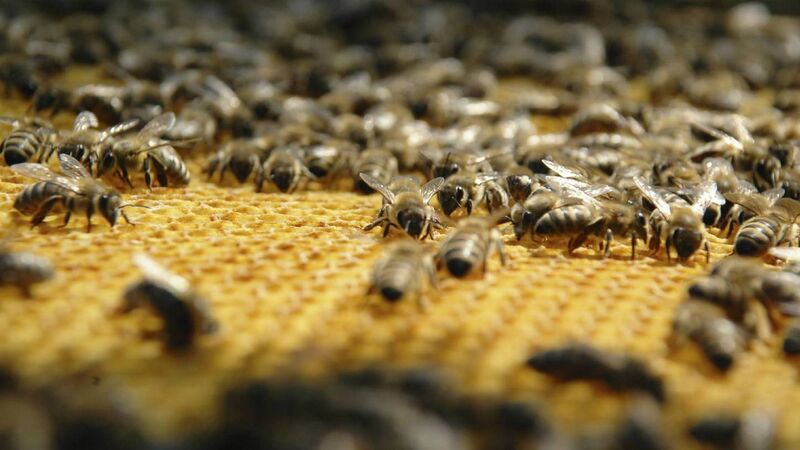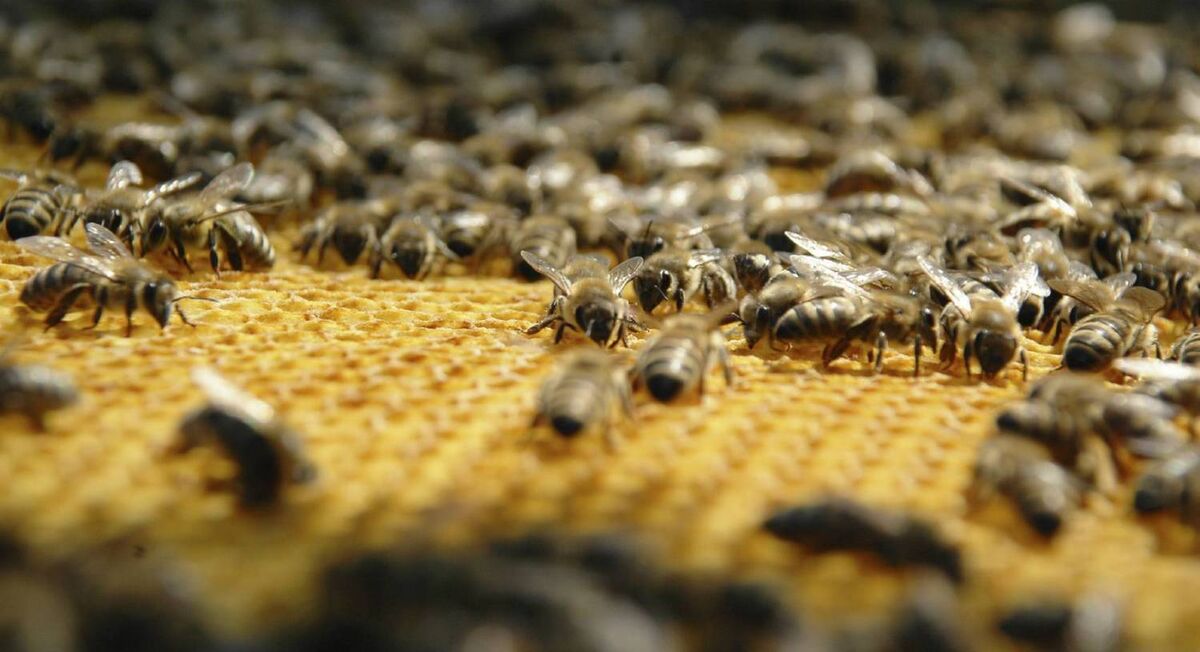Ireland ‘losing golden opportunity to market heather honey’


Ireland is losing out on a golden agri-business opportunity, according to an internationally renowned bee expert who believes local heather honey should be sold and marketed similar to New Zealand’s world-renowned Manuka honey.










